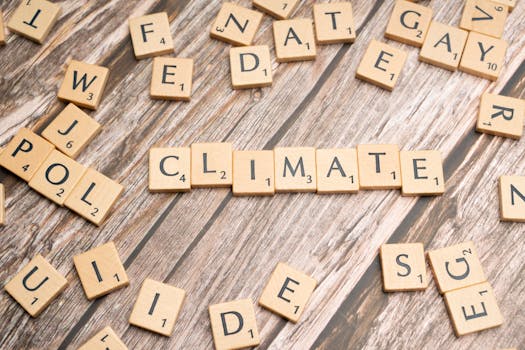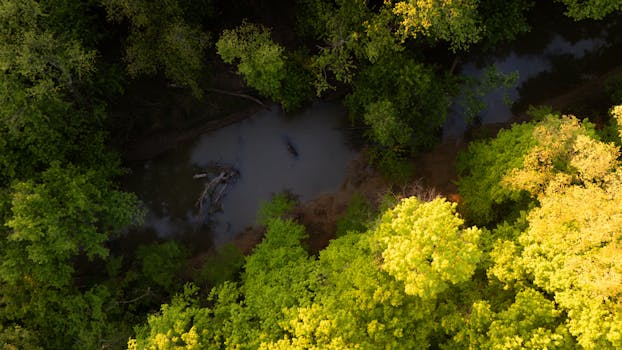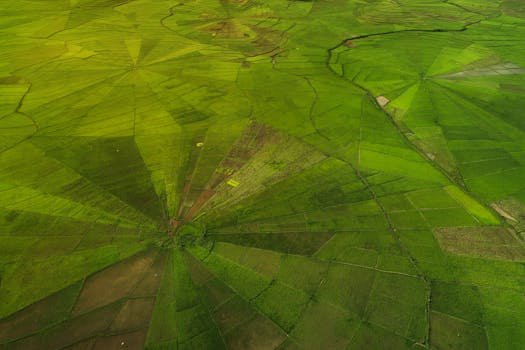
The Impact of Climate Change on Global Ecosystems
Introduction to Climate Change

Climate change is one of the most pressing issues of our time, with far-reaching consequences for the health of our planet. Climate Change is having a profound impact on global ecosystems, from rising temperatures to changing precipitation patterns. The effects of climate change are being felt across the globe, from melting glaciers to dying coral reefs.
Causes and Effects of Climate Change

The main cause of climate change is the increasing levels of greenhouse gases in the atmosphere, primarily carbon dioxide, methane, and nitrous oxide. These gases trap heat from the sun, leading to a rise in global temperatures. The effects of climate change are numerous and varied, including more frequent and severe heatwaves, droughts, and storms.
Impact on Ecosystems

Climate change is having a significant impact on ecosystems around the world. Rising temperatures are altering the distribution and behavior of plants and animals, leading to changes in population dynamics and ecosystem processes. Changes in precipitation patterns are also affecting ecosystems, with some areas experiencing more frequent and severe droughts, while others are experiencing more frequent and severe floods.
Consequences for Human Societies

The impacts of climate change on ecosystems have significant consequences for human societies. Changes in ecosystems can affect the availability of natural resources, such as food, water, and timber. Climate change can also have significant impacts on human health, with changes in temperature and precipitation patterns increasing the spread of diseases and heat stress.
Conclusion

In conclusion, climate change is having a profound impact on global ecosystems, with far-reaching consequences for the health of our planet. It is essential that we take action to reduce greenhouse gas emissions and mitigate the effects of climate change. This can be achieved through a range of measures, including transitioning to renewable energy sources, increasing energy efficiency, and protecting and restoring natural ecosystems.






